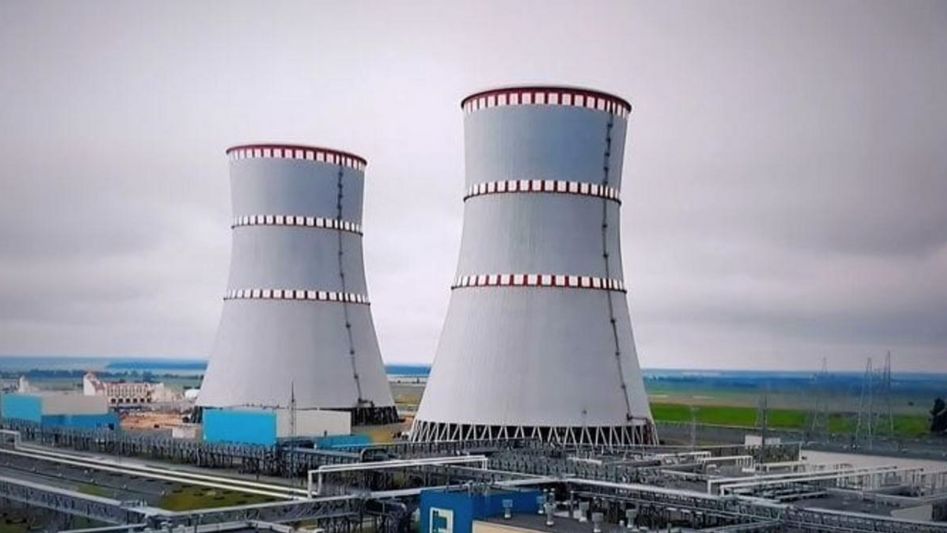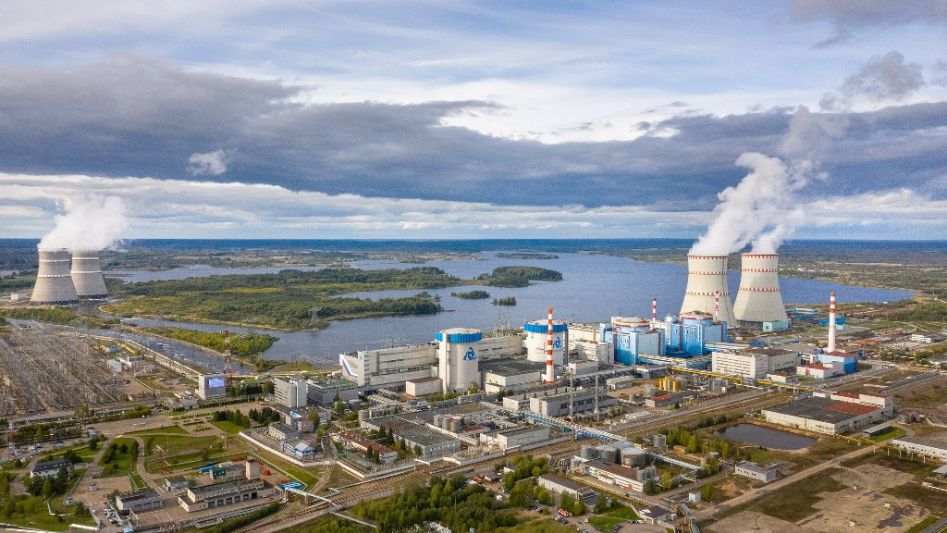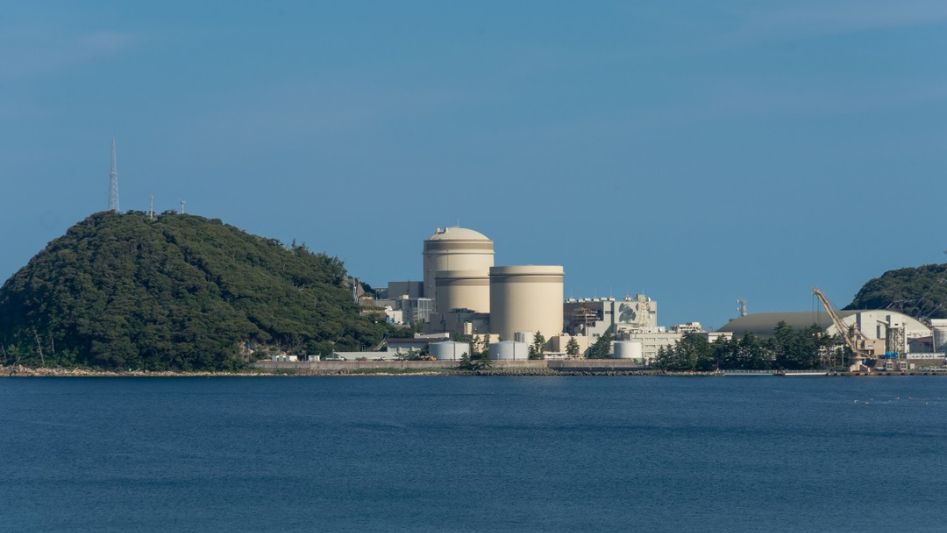Learn how nuclear power can help achieve carbon neutrality and tackle climate change. Explore its benefits and challenges in our guide.
Table of Contents
Introduction
The threat of climate change is becoming increasingly apparent, and as a result, countries are seeking to reduce their carbon emissions to achieve carbon neutrality. While renewable energy sources like wind and solar are crucial in achieving this goal, nuclear power must also be considered as a vital piece of the puzzle. This article will discuss why nuclear power is important in achieving carbon neutrality and how it can contribute to a sustainable energy future.

Nuclear power’s role in decarbonization
Nuclear power is a low-carbon energy source that can help countries reduce their carbon emissions. Nuclear power plants do not emit greenhouse gases, making them an attractive alternative to fossil fuels, which are responsible for the majority of global carbon emissions. As a result, nuclear power has become an important source of electricity in many countries, including the United States, France, and China.
The advantages of nuclear power
Nuclear power has several advantages that make it an attractive alternative to other energy sources. First, nuclear power plants are capable of producing large amounts of electricity without emitting greenhouse gases. Second, nuclear power plants can operate continuously, providing a stable source of electricity to the grid. Third, nuclear power is a relatively mature technology, meaning that it has been in use for several decades and has a proven track record of safety.

The challenges facing nuclear power
Despite its advantages, nuclear power faces several challenges. First, nuclear power plants are expensive to build and operate, making them less competitive with other energy sources. Second, nuclear power plants produce nuclear waste that is radioactive and must be safely stored for hundreds of thousands of years. Third, nuclear power plants pose a potential safety risk, as demonstrated by the accidents at Chernobyl and Fukushima.
Addressing nuclear power’s challenges
To address the challenges facing nuclear power, several steps must be taken. First, governments must provide incentives for the construction and operation of nuclear power plants. This can include subsidies, tax credits, and other financial incentives. Second, governments must invest in research and development to improve nuclear technology, making it more efficient and cost-effective. Third, governments must address the issue of nuclear waste by developing safe storage and disposal methods. Finally, governments must ensure that nuclear power plants are operated safely, with strict regulations and oversight.

Conclusion
Nuclear power is a vital piece of the puzzle in achieving carbon neutrality. While renewable energy sources are crucial, nuclear power offers several advantages that make it an attractive alternative to other energy sources. However, nuclear power also faces several challenges that must be addressed to ensure its safety and sustainability. With the right incentives, investment, and oversight, nuclear power can play an important role in achieving a sustainable energy future.
FAQ
How does nuclear power help achieve carbon neutrality?
Nuclear power is a low-carbon energy source, meaning it does not emit greenhouse gases like fossil fuels do. By using nuclear power to generate electricity, countries can reduce their carbon emissions and move towards carbon neutrality.
What are the advantages of nuclear power?
Nuclear power has several advantages, including its low-carbon emissions, ability to produce large amounts of electricity, and its ability to operate continuously, providing a stable source of electricity to the grid.
What are the challenges facing nuclear power?
Nuclear power faces several challenges, including its high cost, potential safety risks, and the issue of nuclear waste, which is radioactive and must be safely stored for hundreds of thousands of years.
You May Also Like
- LEADING THE CHARGE: COMPANIES AND GOVERNMENTS COMMITTED TO ZERO CARBON AND ESG GOALS
- EXPLORING THE POTENTIAL OF SEAWEED AS A CARBON CAPTURE SOLUTION
- 2035 AND BEYOND: THE ROADMAP TO ZERO CARBON EMISSIONS
- CARBON CAPTURE AND STORAGE: A PROMISING METHOD IN THE FIGHT AGAINST CLIMATE CHANGE
- A COLLECTIVE EFFORT: HOW COMMUNITIES CAN WORK TOGETHER TO FIGHT CARBON EMISSIONS
